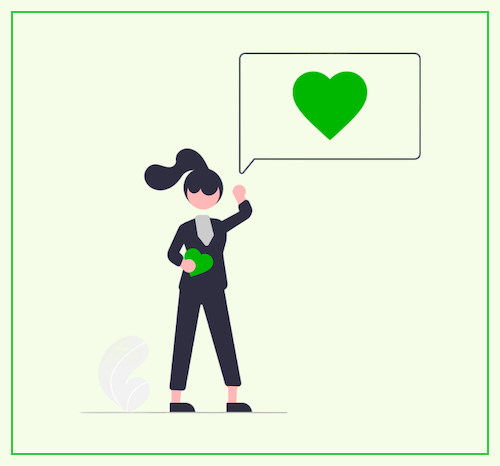
Truly, in this society, there are many kinds of love - platonic, romantic, family, spiritual and etc. Still, we hear countless breakup songs or memes that show how “painful” a love can be.
Different people have different meanings of love. Often times, it is addressed in couples’ therapy as well as in individual therapy.
All in all, love consists of honesty, vulnerability and the safe attachment process; which means to be able to contain all kinds of emotion and discuss it together without feeling judged. Love is also when there is a constant process of giving and receiving self-kindness which is speaking kindly to yourself; for instance, while facing issues in a relationship, instead of resorting to blames, assumptions and constant questions, one can decide to navigate the issues with kindness. Being kind to one’s self isn’t selfish, in fact, it cultivates the emotional safety in a relationship. Showing kindness to ourselves, helps to make it feel much more natural to show kindness to others.
Creating emotional safety also requires vulnerability, which means uncovering layers of humanity without judging one’s self and others. It is too frequently seen that love sometimes is driven by pragmatic concerns and that is when vulnerability is decreased. Therefore, being vulnerable requires a lot of courage, authenticity and openness which is doable. It takes patience and practice. In fact, everyone has all the five love languages; physical touch, quality time, gift, words of affirmations and acts of services.
You might ask how to build emotional safety?
- Listen more to understand more, instead of giving more advice.
- Be understanding - not controlling.
- Spend more time together without imposing - different people have different interests, find the middle ground.
- Be supportive.
- Be kind to yourself and your partner.
- Use more words of encouragement and less “No”s.
- Mutual respect.
- Listen to more couple-focused podcasts.
- Build secure attachment styles - look back at each party’s childhood experiences and process it in therapy, if needed.
Still feel confused? No worries, sign up for our couples’/individual therapy today and explore more with our therapists, we’ll do our best to help you find your way!
